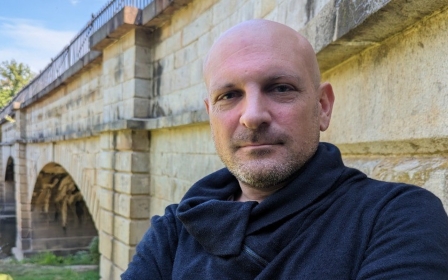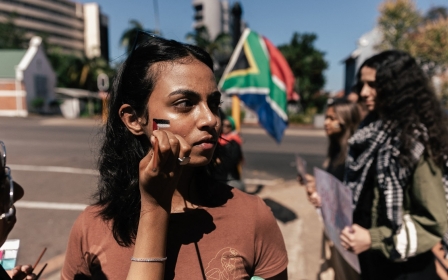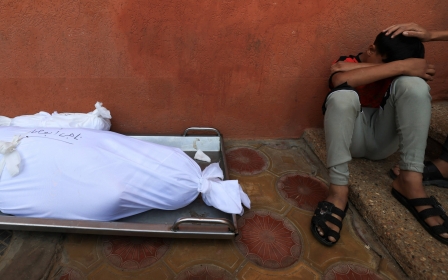War on Gaza: Israeli police having difficulty finding sexual assault victims from 7 October attack, says report
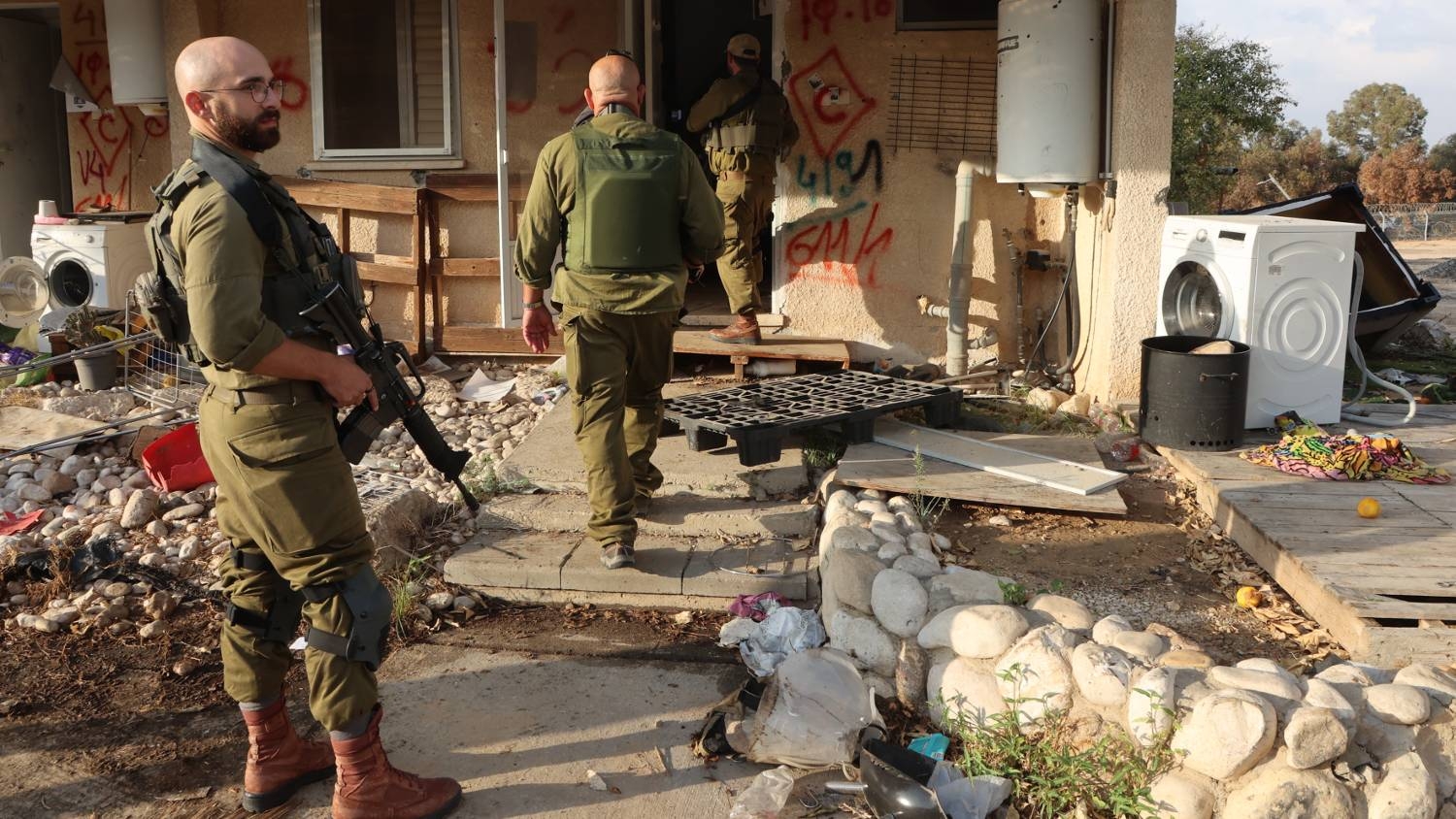
Israeli police are having difficulties locating the victims of sexual assault or witnesses to such acts which allegedly occurred during the 7 October attacks on Israel by Hamas and other armed Palestinian groups, according to a report by Haaretz.
The report, published on Haaretz's Hebrew site, said that police are also unable to link the existing evidence with the victims described in it.
Adi Edri, an investigator in charge of investigating the alleged sexual crimes that occurred during the attack, told Haaretz police have "circumstantial indications" there are victims who are still alive that they have yet to make contact with.
The police are now appealing to the Israeli public to come forward with any evidence they may have of sexual-based violence conducted by Hamas and other groups from Gaza.
The announcement from the police comes a week after The New York Times published a lengthy investigative report detailing a pattern of sexual assault and rape allegedly committed by Palestinian fighters after they launched an attack on southern Israel on 7 October.
New MEE newsletter: Jerusalem Dispatch
Sign up to get the latest insights and analysis on Israel-Palestine, alongside Turkey Unpacked and other MEE newsletters
The New York Times story largely centres around the case of one woman, Gal Abdush, who the newspaper identified as "the woman in the black dress", and said she was the individual in a video that showed evidence of a woman who had been raped.
However, following the report's publication, Mondweiss reported that members of Abdush's family contradicted the claims, saying it was not yet known whether she was raped or not. Some family members denied she was raped altogether, and said that the reporters working on the story manipulated them.
Follow Middle East Eye's live coverage of the Israel-Palestine war
The police told Haaretz they have so far collected a small number of eyewitness accounts of alleged sex crimes, along with many testimonies from military personnel, the Israeli search and rescue service Zaka, and other emergency response volunteers.
Adri said that while there is documentation of bodies that appear to have been sexually assaulted, investigators are continuing to look for additional, reinforcing evidence.
"We're looking for more than a single witness. For each scene we're looking for support for what happened there," she said.
Haaretz reported back in November that a lack of forensic evidence makes it difficult for investigators to understand the extent of what occurred on 7 October.
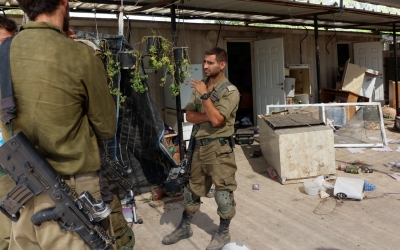
The November report detailed how unverified and inaccurate accounts of the 7 October Hamas attack led to the publication of stories that appeared to be false.
Some of the details behind these stories, which described atrocities purportedly committed by Palestinian fighters, were provided by Israeli officials and soldiers as well as search and rescue volunteers.
After cross-referencing some of these allegations, Haaretz found they did not add up.
The Israeli army admitted that mistakes were made by at least one soldier who fed one of the stories to media outlets.
The Zaka rescue organisation, which worked at the scene of the attacks and provided testimonies to the media, also said some of its members may have “misinterpreted” what they saw and that they were not professional pathologists.
Middle East Eye delivers independent and unrivalled coverage and analysis of the Middle East, North Africa and beyond. To learn more about republishing this content and the associated fees, please fill out this form. More about MEE can be found here.


